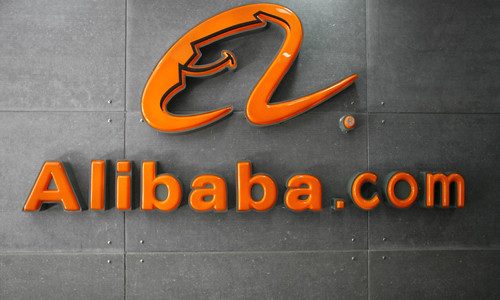A White House memo reported by the Financial Times claims that Alibaba is providing technological support to the Chinese military for operations targeting the United States.
The Financial Times admits it was unable to independently verify the memo’s contents and did not publish the full document. The White House declined to comment, while Alibaba called the allegations “completely false,” suggesting the leak was intended to undermine the recent trade agreement between Presidents Trump and Xi Jinping.
The two leaders met last month in South Korea to agree on a twelve-month pause on tariffs and export controls, aiming to ease tensions that had intensified during the year. Some experts, including Andy Rothman of Sinology, have questioned whether the report reflects efforts by hawkish U.S. officials to derail the trade deal.

In recent years, the U.S. has increased restrictions on China’s access to advanced semiconductor technology needed for AI development, raising concerns in China’s AI sector. Kyle Chan, a Brookings fellow, noted that Alibaba’s share price dropped sharply after the report, highlighting investor anxiety over potential sanctions.
Despite this, Alibaba’s Hong Kong shares rose over 1% shortly after. Alibaba’s open-source Qwen AI model is gaining attention in Silicon Valley, challenging U.S. AI firms like OpenAI and Anthropic, even as investors debate the risks of an AI market bubble.
Alibaba will announce its quarterly results on November 25, closely watched amid these political and technological tensions.

